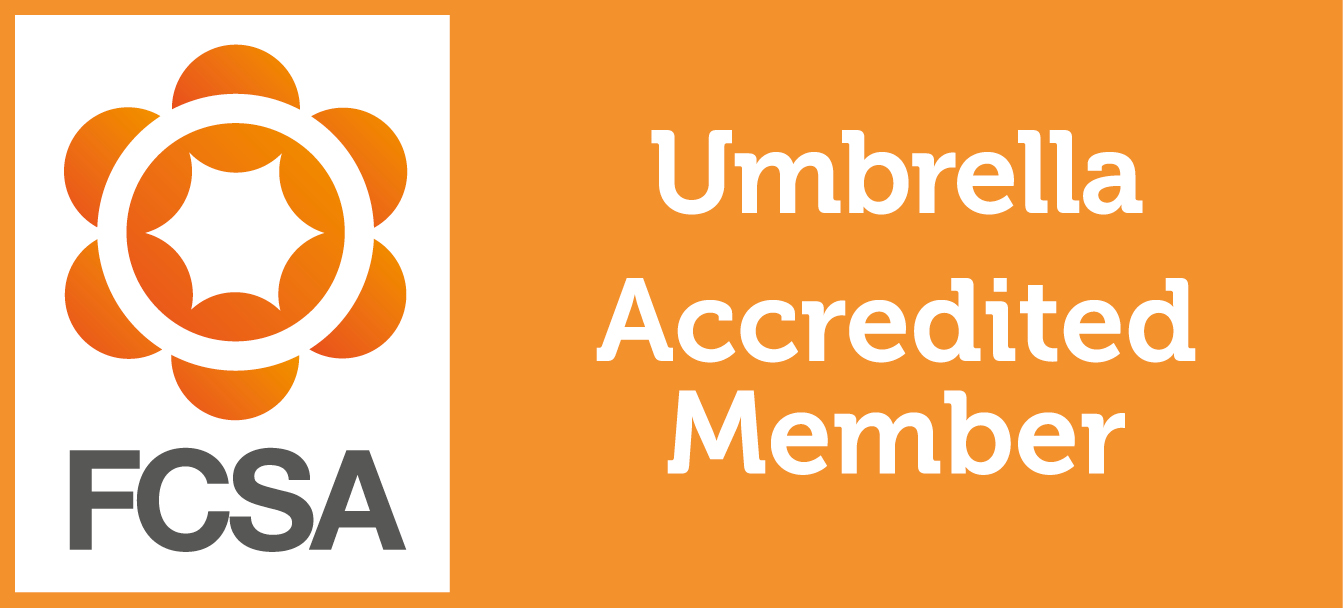If, by that criteria, they deem it to be employment then the organisation will be required to deduct Employee’s National Insurance Contributions at the rate of 12% and income tax from the payment made to the PSC. So there is an immediate impact on the cash flow of the PSC.
But there is a secondary effect in as much as the Public Sector organisation has to pay Employer’s National Insurance Contributions at the rate of 13.8% to HMRC and given that Public Sector budgets will not have made provision for that expense they are likely to try to recover much, if not all, of it by depressing contractors’ rates. So the battle lines are drawn between the PSC contractor who can’t afford to take the hit to cash flow and the Public Sector organisation that can’t afford to pay.
That’s a gloomy enough outlook but wait there is worse to come which will impact on those same PSC contractors and contractors working through Umbrella Companies. April sees the introduction of a new tax in the form of the Apprenticeship Levy.
The Apprenticeship Levy is to be paid on all earnings subject to Class 1 secondary (Employer) National Insurance contributions, and equates to 0.5% of the Umbrella Company or Public Sector organisation payroll figure. The responsibility for the tax lies with the business closest to the PSC in the chain or the umbrella company, as the one deducting the employment taxes.
So let’s put this into perspective for you, a contractor earning £500.00 per day is going to attract an apprenticeship levy bill of around £50.00 per month. For Umbrella companies this means that the Apprenticeship Levy, as is Employer’s National Insurance Contributions, has to be made from the contract rate.
Contractor Umbrella has spent the last 2 years in dialogue with MPs, HMRC and BIS to explain the complexities that the employment model causes due to its over inflated payroll, and this covers Umbrella companies and Recruitment Agencies alike. The payroll bill does not accurately represent the actual size of the business, but the way in which the legislation has been written, means that this will never be taken into account. When questioned about the possibility of an exemption for the likes of Umbrella companies and Recruitment Agencies, the response from HM Treasury was;
“Creating exemptions for particular employers; or for the earnings of particular employees, would risk increasing complexity and undermine the simplicity that the government is trying to achieve.”
However, apparently there’s no need to worry because according to the Minister for Apprenticeship and Skills: “Apprenticeships are the cornerstone of the skills systems and provide opportunities for all sectors and at all levels.”
So there you have it – there’ll be no exemption, meaning the bottom line is something, somewhere will have to give, and our processes will have to take the Apprenticeship Levy into account. From April the Apprenticeship Levy and Employer’s National Insurance Contributions deductions from the contract rate will be shown as “Employment Taxes”.






